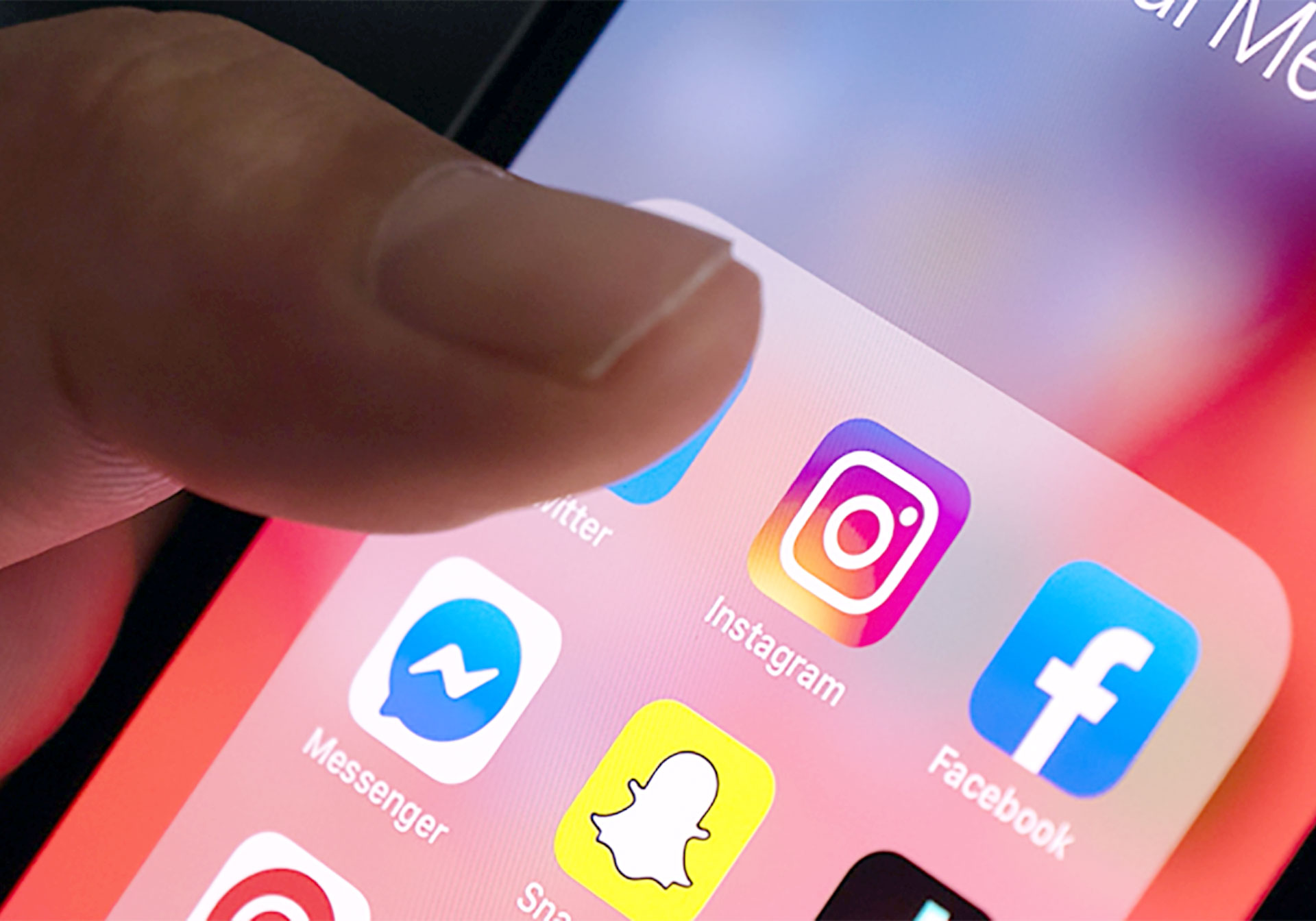Sharing Is Caring?
When hitting the “share” button is just too tempting to resist

In a world dominated by social media, people tend to overshare. With a multitude of applications intended to help us keep in touch with our peers online, the line between what is appropriate and what is simply too much information (TMI) begins to blur. It is easy to get carried away with oversharing on social media especially when someone is under stress and does not have a proper outlet for them to express their thoughts.
After all, who writes in diaries anymore?
Oversharing Private Matters
“Twitterians”, “Facebookers”, “Instagrammers” and “TikTokers” tend to misuse these platforms as their own personal diaries. Hence, the flood of tweets, statuses, stories and videos where they vent their frustrations and personal thoughts that should remain private.
Some also go to the extent of sharing confidential letters or contracts out of excitement, breaching the terms of the agreement. Then there are also those who are so addicted to sharing every bit of their personal life with the web that they fail to see the danger of spreading information such as their PIN numbers.
And for those who keep sharing your locations, YOU ARE ASKING TO GET ROBBED. OR KIDNAPPED.
Behind the Addiction of Oversharing
 Image via The Bite
Image via The Bite
These days, people validate themselves based on their social media tractions. This is what fuels the tendency to overshare. Most social media users associate their self-worth with how many likes or retweets they get, or the amount of comments responding to their posts. Not only is this unhealthy and threatens one’s self-esteem, it also causes a disillusionment.
For example, your 3k friends on Facebook are not your friends in real life and your 4.5k followers on Instagram only know you based on your online presence. They won’t be the ones attending your funeral nor the ones who will lend you a helping hand should you find yourself in a troubled situation.
Sharing Misleading Content
 Image via Sify.com
Image via Sify.com
While the above social media faux pas are usually committed by attention-depraved youngsters, middle-aged adults also have their fair share of social media indiscretion.
If you and your family have a Whatsapp chat group, you will see your aunties and uncles constantly bombarding the group with misleading content without conducting prior research. This is not only somewhat annoying, but it also causes misinformation and unnecessary panic among others who are just as gullible.
Then there are the aunties on Facebook who are coined as ‘Makcik Bawang’. They are commonly seen posting and discussing local gossip, as well spreading stories with no credible sources. This hurts the reputations of others (and their own), and unleashes chaos onto the timeline.
Authority Involvement in Regulating Misleading Content
 Image via Sarawak Voice
Image via Sarawak Voice
These issues have led to the launch of Sebenarnya.my portal by the Communications and Multimedia Ministry (KKMM) in collaboration with the Malaysian Communications and Multimedia Commissions (MCMC). Aimed to filter false information from being circulated, this portal processes and reports false claims. It also strives to clear the names of individuals or companies whose reputations have been tarnished by these accusations. Users are urged to visit the portal to check the credibility of an issue or send information to be verified before proceeding to share it on their social media accounts.
How to Stop Both These Social Media “Diseases”
1. Don’t post when you are emotional
 Image via Tenor
Image via Tenor
Instead of tapping away on your smartphone the next time you are stressed, dial up a friend. You can properly address your stressors and gain feedback from someone who is genuinely concerned for you and knows you personally. This is a much better option than sharing your grievances online for all the world to see and jump to their own conclusions.
2. Practice self-censorship
If it is not something you would say face-to-face, then why is it acceptable to say it online? It does not matter what platform you use; the message and intention behind those words are still the same.
3. Do not enable the sharing of fake news
Apart from avoiding saying harmful things, please also REFRAIN from playing a part in sharing fake news. This includes leaving group chats full of misinformed content, or reporting pages and profiles that keep spreading these content. Or, if you are willing to be a little more proactive, you can try to personally contact these individuals and advise them about the issue.
4. Keep in mind that not everything you read on the internet is true
 Image by Tenor
Image by Tenor
Instead of shouting “Eureka!” the next time you discover a headline, here are some simple tips for you to identify fake news. Firstly, take the time to discern its credibility by heading over to a few reputable websites and see if the same news is being reported. Chances are, it was probably a fake news written by someone who secretly dreams of being a reporter. The second tip is to examine the pictures closely to see if they are manipulated. Even a simple photo editing software can be a dangerous weapon.
Let’s Unplug For a Second
Perhaps we should all take a moment to put away our gadgets and reexamine our lives beyond usernames and chat boxes. Just because we are hidden behind digital screens, it doesn’t take away the severity brought on by social media misconduct. Think about the consequences of your actions such as who the information will offend or how people will react to it. The unverified news we share is still slander, and the personal information we broadcast can still be held against us.
We were taught from a young age to think before we speak, so let’s apply the same rule by thinking before we hit “share”.
Cover image via Grand Design


